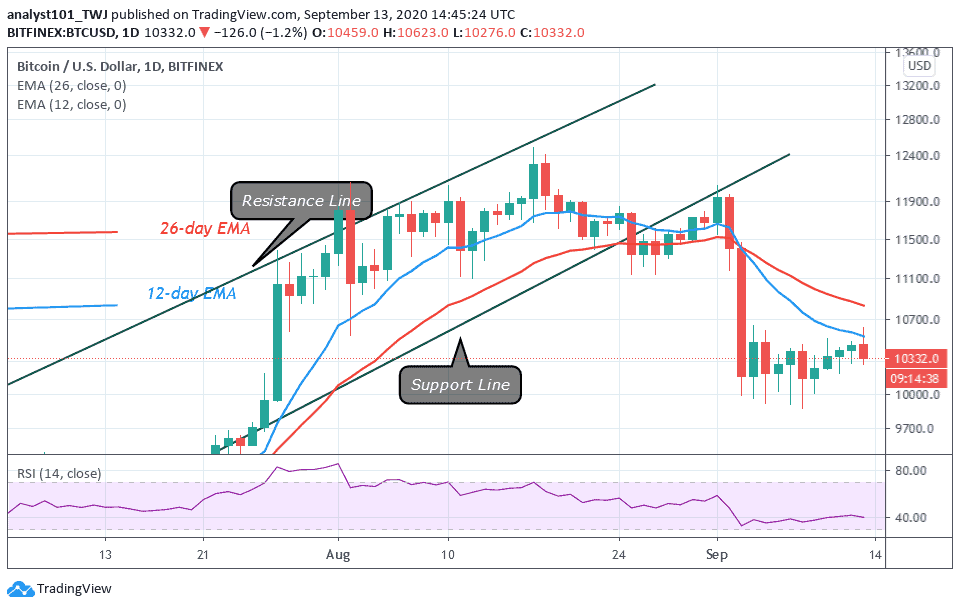Join Our Telegram channel to stay up to date on breaking news coverage
Blockchain technology continues to make strides in applications, as both private companies and governments have made commitments to exploring it. In South Korea, a government official is now pushing to accept a voting system underpinned by the technology.
Democracy Should Catch Up with Technology
Yesterday, local news source UpDown Korea reported that Cho Eun-hee, the leader of the Seocho regional government in Seoul, has proposed a blockchain-powered voting system. As he explained, the region, which is one of the most affluent in Seoul, should take the initiative to become a leader in technologically-driven voting.
Touting blockchain technology, Cho highlighted that it would help the people express their opinions clearly. He added that several factors, including the current global pandemic and rapidly-changing technological landscape, have made it critical for Seocho — and South Korea in general — to become more technologically advanced.
The government official also pointed out that blockchain is the best bet for the country regarding an upgrade to its democratic process. In part, he explained that the government plans to implement a “direct democracy” that will improve trust from the locals. To do this, blockchain will play a prominent role in ensuring integrity and security. Cho also asked that the government seek input from businesses that seamlessly combine blockchain with the administration.
If implemented, Cho’s proposed system will be a first for South Korea. However, the country is far from the only one that is considering a blockchain-based voting system.
More Blockchain Voting Systems
In Russia, the government has made significant progress in testing a blockchain-powered voting system that could entirely overhaul its democracy. Last month, news sources confirmed that the Ministry of Digital Development and Communications had partnered with Rostelekom, a local telecoms giant, to test a possible iteration of the system.
Per the reports, the new system is a product of the Waves Enterprise. It has already undergone preliminary tests, where interested parties tested its technical functions and capabilities on about 30,000 people.
The system uses homomorphic encryption to count votes, thus ensuring a steady calculation output regardless of the state of underlying data. While the system performed impressively, officials also confirmed that they found some issues with its operations and planned to fix those over time.
Next, the developers will hope to test the system at a parliamentary election in the Yaroslavl and Kursk regions. The elections will hold next week.
As for the United States, the country’s Postal Service (USPS) also filed a patent for a blockchain-based voting system recently. Facing budget cuts and a diminished role in the upcoming General Elections, the agency believes that blockchain could be the key to saving it.
In its patent, the USPS explained, “This development relates to a voting system that also incorporates the use of cryptographic elements, such as blockchains, as are used with cryptographic currencies, to track and secure the vote by mail system.”
While many have questioned this system’s potential to work, others in the industry have also expressed excitement at a possible prominent role for the technology to play in the electoral process.
Read more:
Join Our Telegram channel to stay up to date on breaking news coverage


